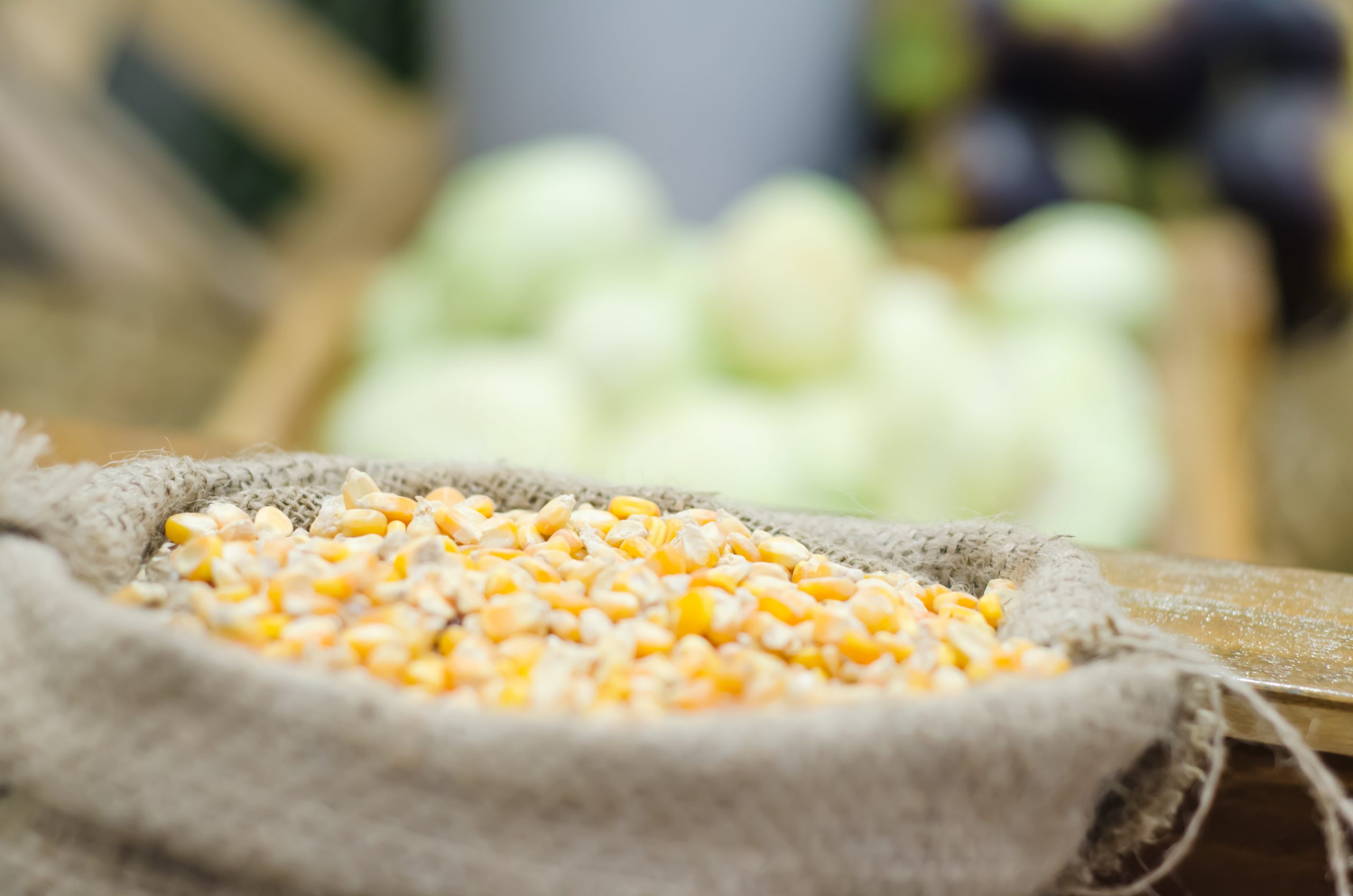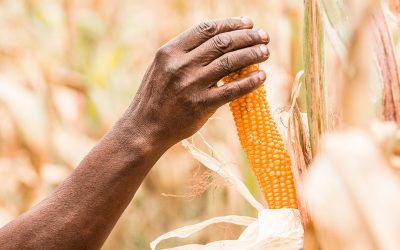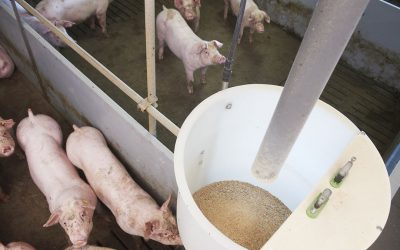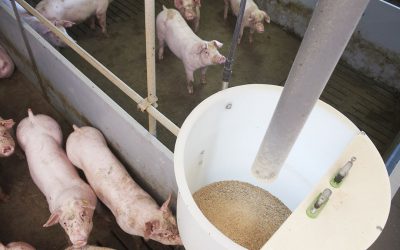South African harvests under pressure

Little rain and high temperatures result in water stress for crops in South Africa. These conditions can also aggravate the impact of the Fall Armyworm pest and hence increase food insecurity, FAO warns.
The alert comes as FAO Director-General José Graziano da Silva, speaking in Khartoum, emphasised the importance of boosting the resilience of communities – particularly in Africa – in making sure that “Zero Hunger is possible”.
Impact of El Niño
In 2016, crop production declines due to El Niño drove the number of food-insecure people in the sub region up significantly. In Malawi an estimated 6.7 million people and in Zimbabwe just over 4 million people were food insecure. But the significant rebound in the sub region’s cereal production to a record level in 2017 led food insecure numbers to fall by up to 90%, according to official estimates.
Maize supply beats demand
Maize production in 2017 increased 43% above the recent average and the sub region produced more than required for domestic consumption for the first time in 5 years, even excluding South Africa, a traditional net exporter. As a result, most countries were able to build up inventories. The higher stock levels should be able to partly cushion the effects of the likely production decreases to come. Local maize prices, currently down on a yearly basis, also reflect favourable supply conditions.
Also read: FAO launches guide to tackle maize worm
Smallholders still struggling
However, at the household level, many smallholders and rural families are still recovering from losses due to the severe El Niño- associated drought, and they are vulnerable to a downturn, Global Information and Early Warning System (GIEWS) noted. This is especially the case where harvests in 2017 were poor, such as Madagascar.
It is also likely to be the case in areas where the weather trends have been unfavourable, notably parts of Lesotho, southern and central areas of Mozambique, western South Africa, southern parts of Zambia and Malawi, eastern Zimbabwe and southwestern Madagascar.
The march of the Fall Armyworm
Precipitation trends also matter greatly for the Fall Armyworm, an invasive species that has now been detected in all countries of the sub region, except Lesotho and Mauritius. While recent heavy rains in some localities may have contributed to containing the pest’s spread, the general dry weather may help it spread and could exacerbate the impact on yields.
 Beheer
Beheer









 WP Admin
WP Admin  Bewerk bericht
Bewerk bericht